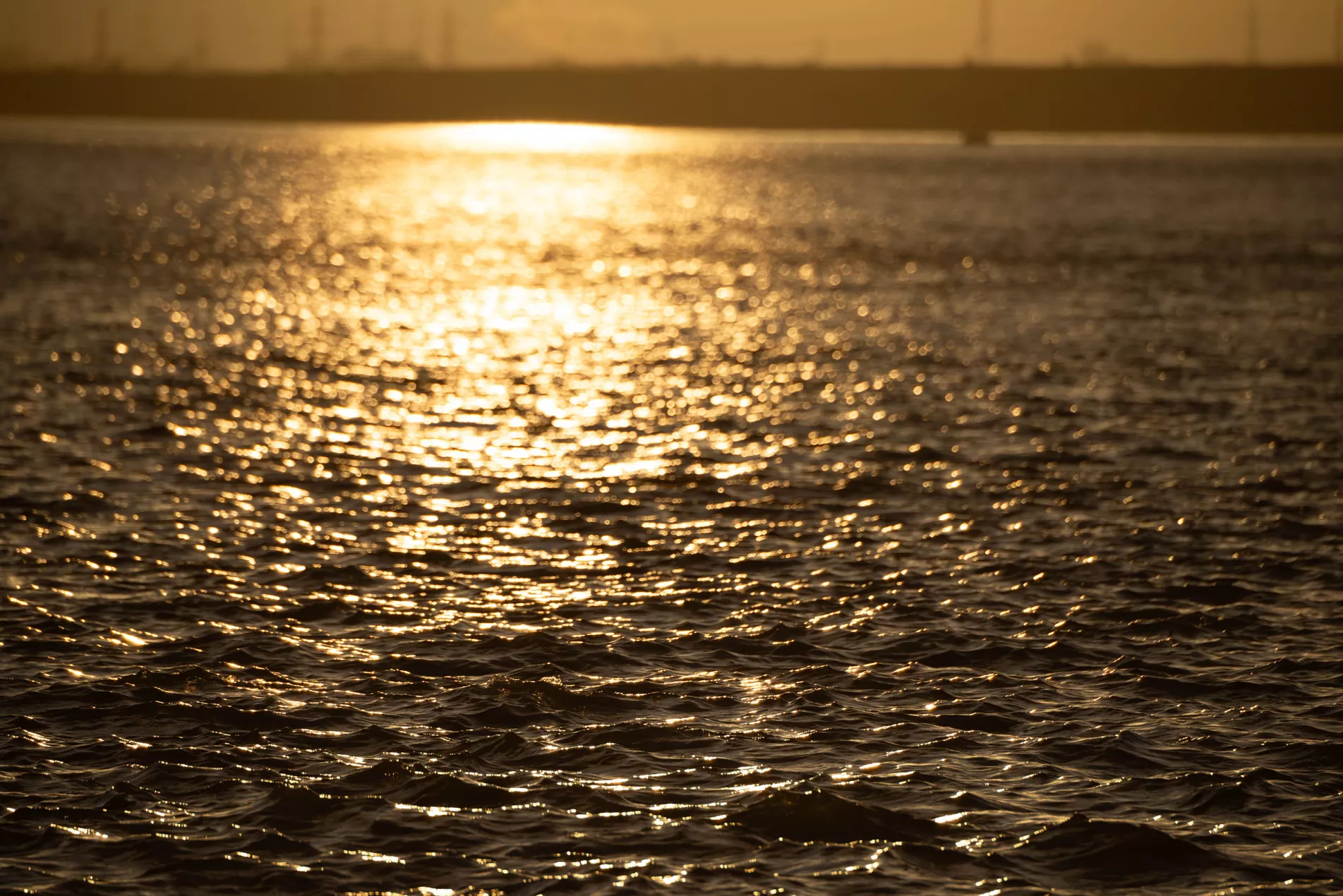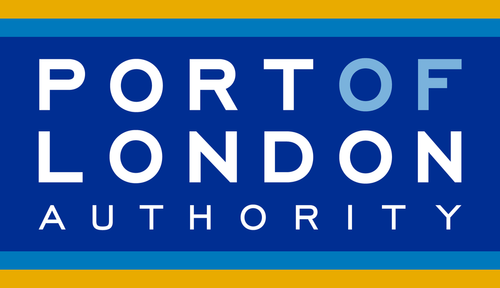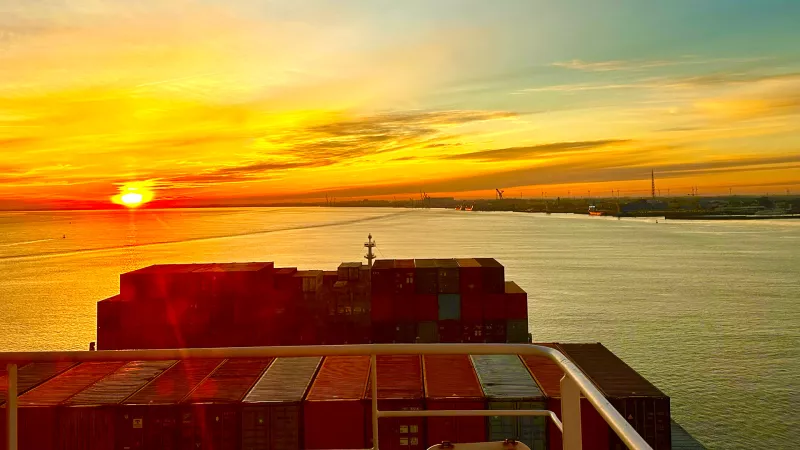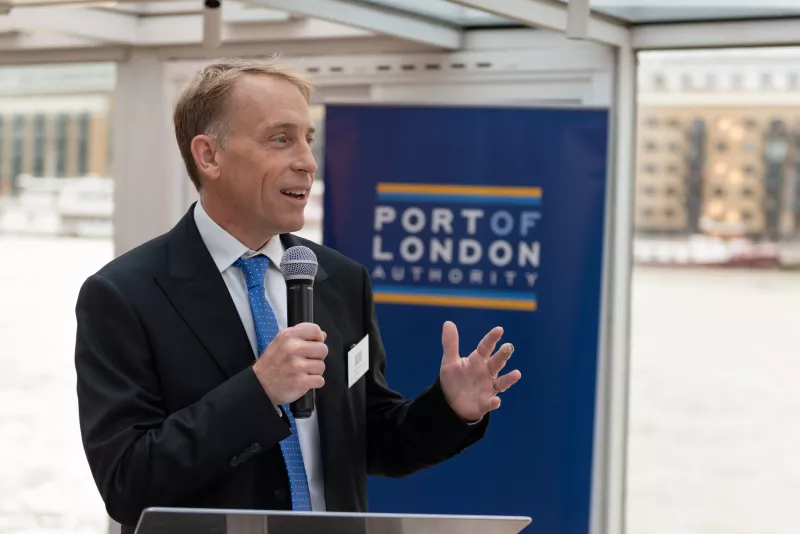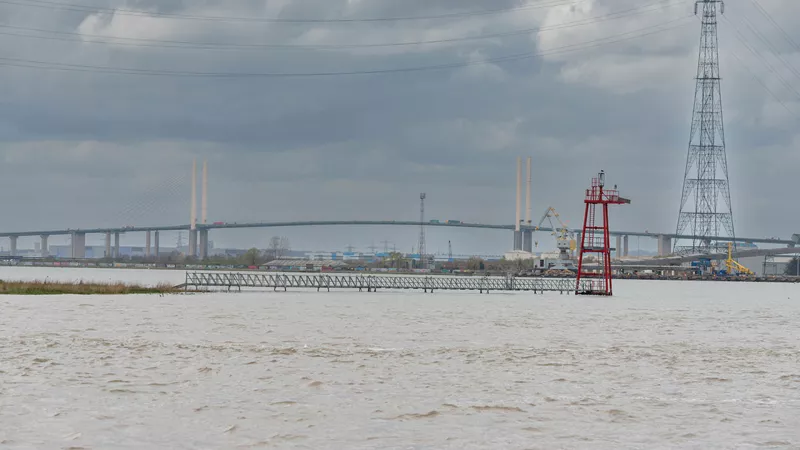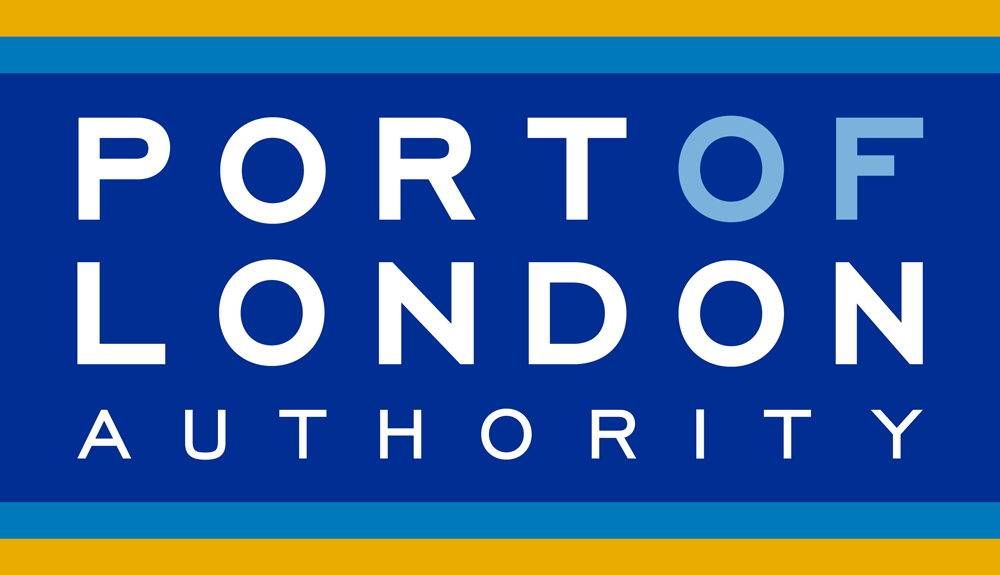Live Tides
NOTICES TO MARINERS
Charts & Surveys
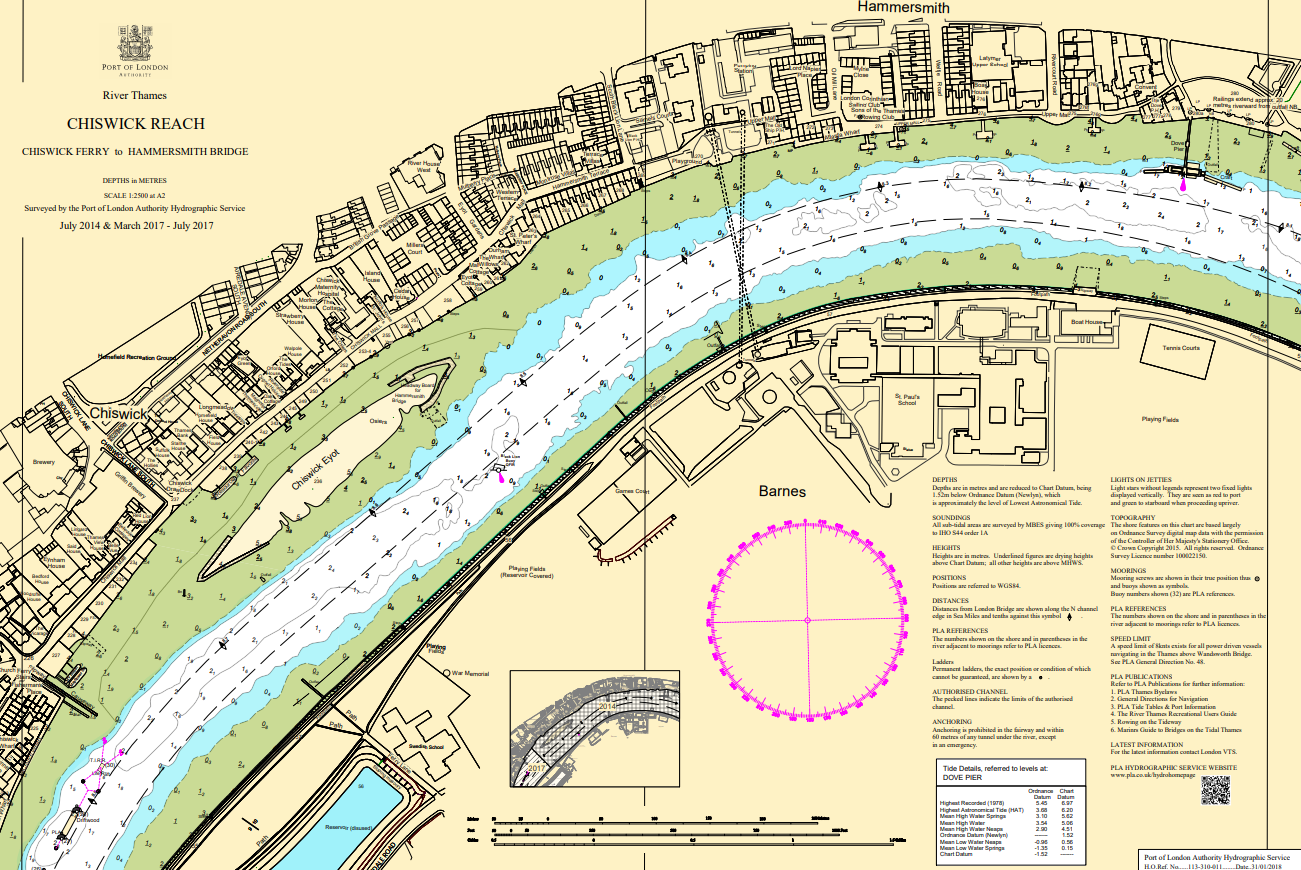
Incident reporting
Life-threatening emergencies on the river:
Call 999 and ask for the Coastguard
For near miss, safety observations and incident reporting click below
“Clean Thames Manifesto” launched
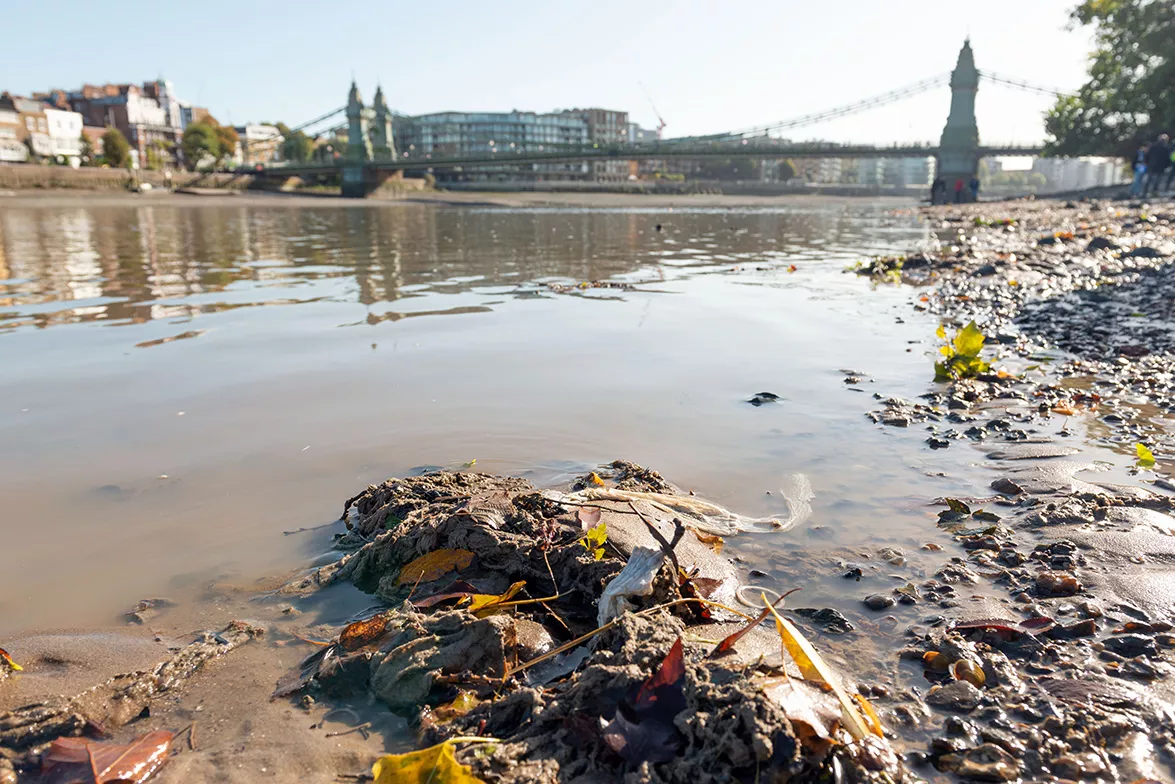
Water companies to go faster and further cleaning up the tidal Thames
Further work by water companies to tackle sewage pollution of the tidal Thames is to be fast-tracked in a new collaboration, convened by the Port of London Authority (PLA).
A Clean Thames Manifesto, launched 5 June, also promises greater collaborative work with Thames Water and others to combat plastic wet wipes clogging up the river through London.
At the PLA’s request, Anglian Water, Southern Water and Thames Water have committed to work towards reductions in sewage and storm water discharges from overflow points and treatment works, affecting the river between Teddington and the North Sea, faster than previously planned:
- Anglian Water, operating 34 combined sewer overflows (CSOs) on the river in Essex, has agreed to investigate options to achieve a 2040 target for the Thames and other high priority rivers and streams in their operating area.
- Southern Water, with 16 tidal Thames CSOs in Kent, has agreed to work towards a 2040 target.
- Thames Water has agreed to look at options to bring forward their discharge targets for the tidal section of the river through London and announce their plan at a stakeholder event at the end of 2024.
Thames Water, the PLA and the Environment Agency (EA) will also be working together to develop a plan to tackle wet wipes at problem sites in the river. An initial feasibility study to understand the scale of the problem and possible solutions will start in September 2023.
Robin Mortimer, PLA chief executive, said: “We have asked the water companies to meet the targets set out in the Storm Overflows Discharge Reduction Plan on the tidal Thames at least ten years ahead of the Defra targets.
“Much progress has been made in recent years, but with sewage pollution remaining a priority issue for the public, particularly river users, much more still needs to be done.
“This Clean Thames Manifesto is a major step in the right direction.
“We all want a river that is clean, with a healthy eco-system. That means tackling river pollution in all forms, not just sewage and plastic.
“With the support of the sector’s regulator, Ofwat, and the EA, we want the water companies to invest more in technology and innovation.
“We will also be working with farmers, landowners, local authorities and highway agencies to reduce harmful run-off from agricultural land and roads.
“Tackling pollution at source, particularly plastic wet wipes, is a key priority. We support a ban on their sale and in the meantime ask the public not to flush them down the toilet in the first place.
“The unacceptable current levels of pollution of the tidal Thames will not be easy to fix. It’s a complex problem, requiring more than one solution.
“For our part, we are updating river regulations to require boat operators to stop discharges of sewage from their vessels from 2024.
“In addition, we will be expanding the PLA-led Thames Litter Forum to include a focus on all pollution and include local authorities, highway agencies, landowners, farmers, and businesses.
“We will also develop campaigns to reduce micro plastics at source, encouraging changes in consumers’ shopping habits and disposal of rubbish.”
The PLA has been a long-term supporter of the Thames Tideway Tunnel, London’s “super sewer”, licensing 11 construction sites in the river itself, to help upgrade the capital’s mainly Victorian sewerage system.
Due to be operational in 2025, Thames Water estimates the “super sewer” project will reduce discharges of sewage to the river in London after rainfall by 95 per cent.
Robin Mortimer added: “We welcome the reduction in sewage discharges the Thames Tideway Tunnel will bring in London, but we also expect to see water companies investing in more solutions to reduce sewage discharges, such as smart sewer technologies and sustainable urban drainage systems.”
Other measure highlighted in the manifesto include:
- All CSOs being fitted with event duration monitors (EDMs) by the end of 2023, to allow the EA to better monitor activity.
- Updating the PLA’s Thames Litter Strategy, to focus on tackling the sources of litter and preventing litter from entering the Thames in the first place.
- Supporting a campaign to remove the automatic right of property developers to connect to the sewerage network.
- Encouraging the government to make water companies statutory consultees on planning applications.
- Commissioning a study on “forever” chemicals and non-soluble pharmaceuticals in the Thames.
Read the Clean Thames Manifesto
Related content
Discover
